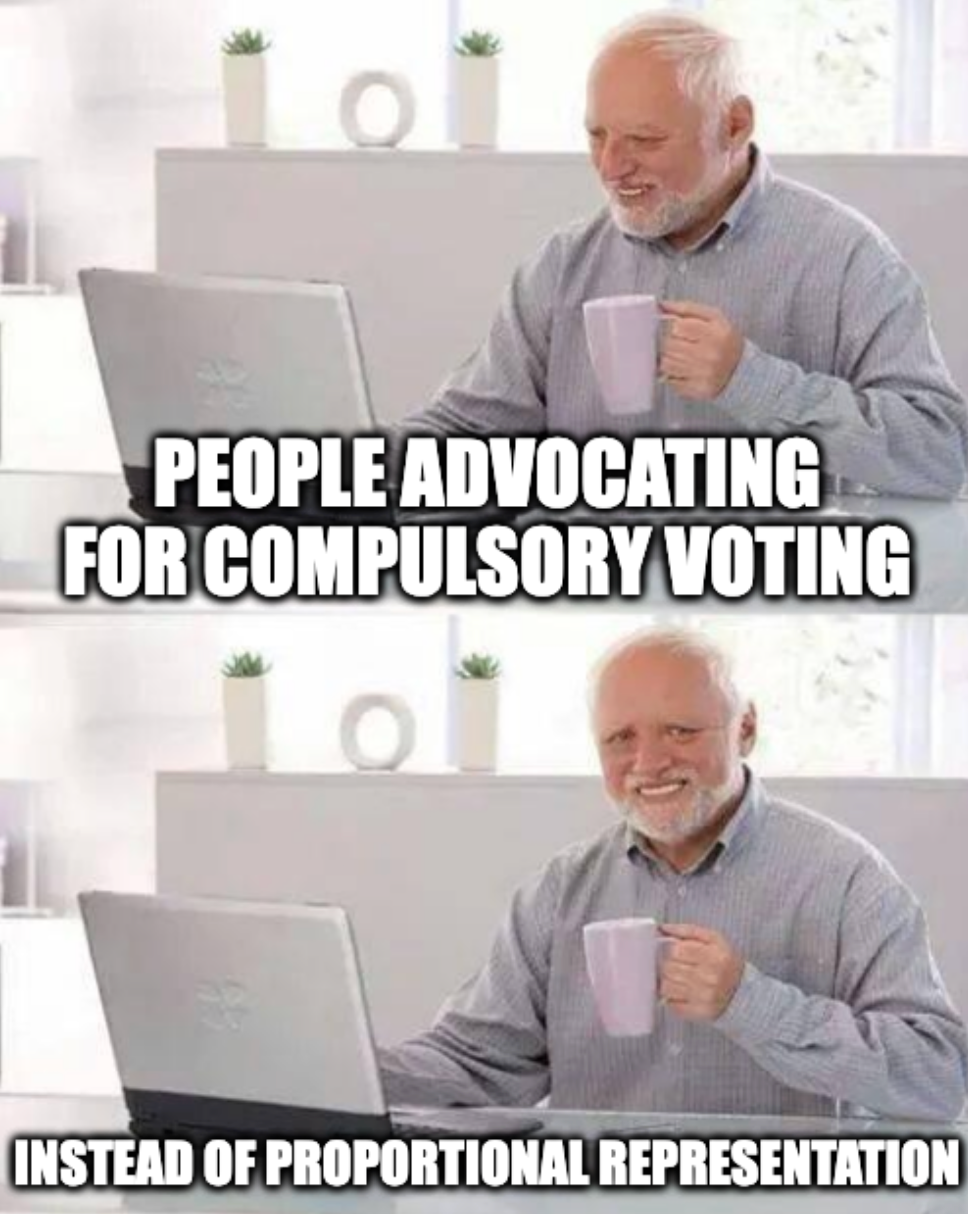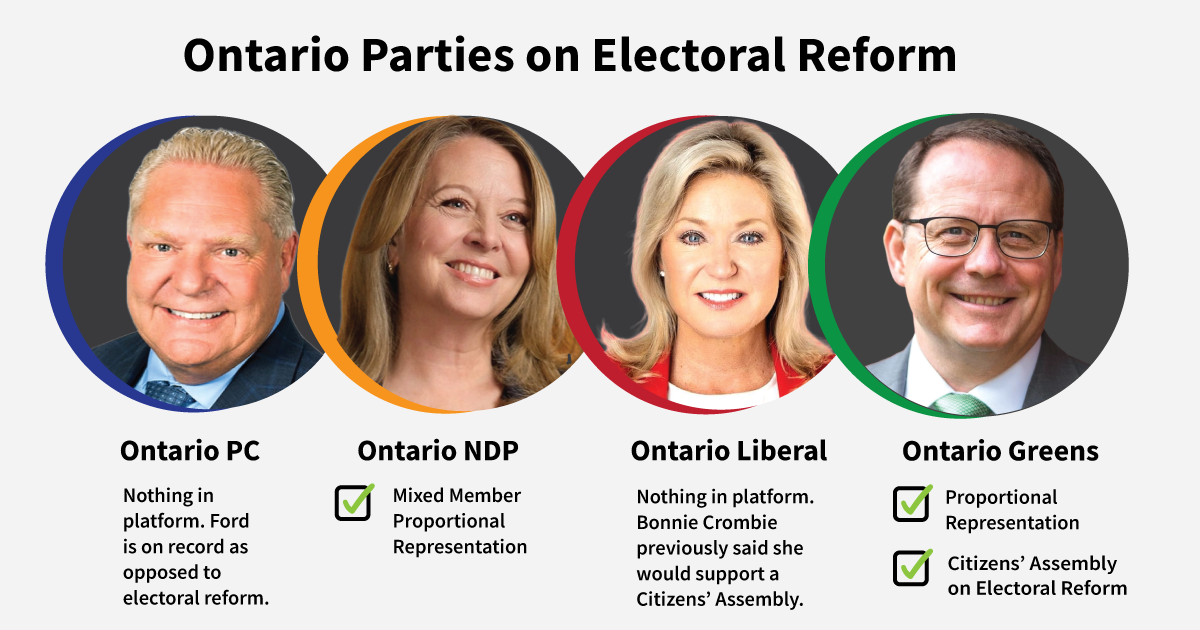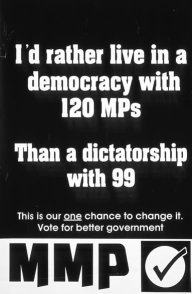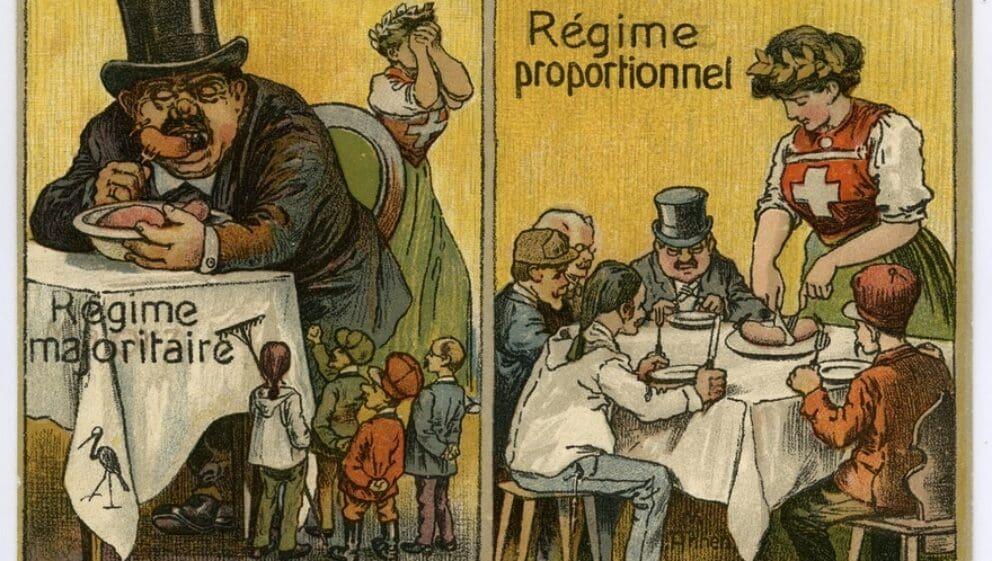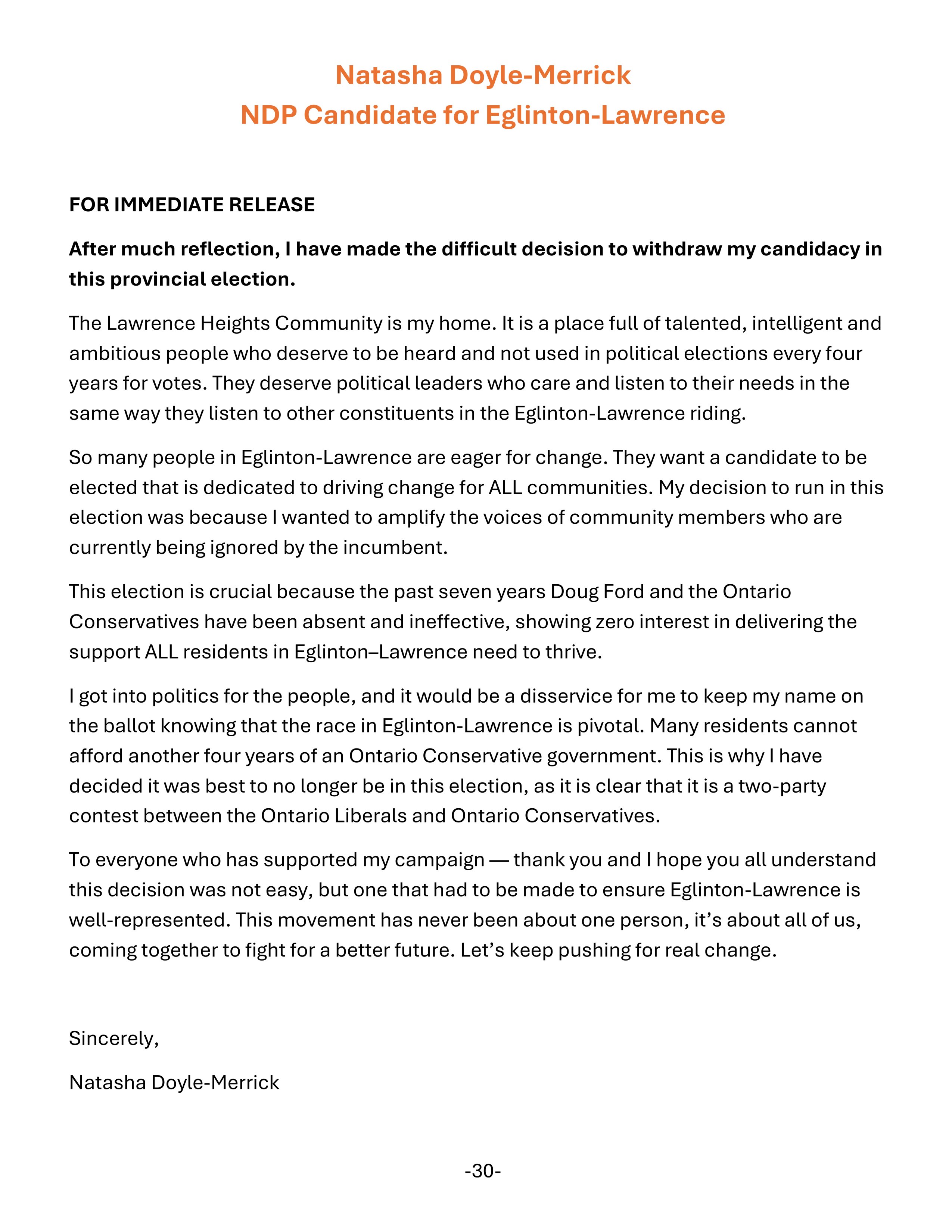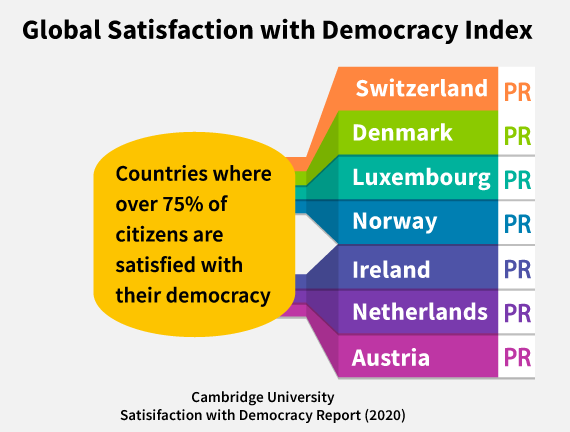Results of Motion M-86:
❌219 MPs: 🔴107 🔵111
✅103 MPs: 🔴40 🔵4 ⚪️30 🟠24 ⚫️3 🟢2
❓14 MPs: 🔴9 ⚪️2 🔵2 🟠1
Use Control-F to find your MP:
🔵Conservative:
Poilievre, Hon. Pierre (Carleton)
Aboultaif, Ziad (Edmonton Manning)
Aitchison, Scott (Parry Sound—Muskoka)
Albas, Dan (Central—Okanagan—Similkameen—Nicola)
Allison, Dean (Niagara West)
Arnold, Mel (North Okanagan—Shuswap)
Baldinelli, Tony (Niagara Falls)
Barlow, John (Foothills)
Barrett, Michael (Leeds—Grenville—Thousand Islands and Rideau Lakes)
Berthold, Luc (Mégantic—L'Érable)
Bezan, James (Selkirk—Interlake—Eastman)
Block, Kelly (Carlton Trail—Eagle Creek)
Bragdon, Richard (Tobique—Mactaquac)
Brassard, John (Barrie—Innisfil)
Brock, Larry (Brantford—Brant)
Calkins, Blaine (Red Deer—Lacombe)
Caputo, Frank (Kamloops—Thompson—Cariboo)
Carrie, Colin (Oshawa)
Chong, Hon. Michael D. (Wellington–Halton Hills)
Cooper, Michael (St. Albert–Edmonton)
Dalton, Marc (Pitt Meadows–Maple Ridge)
Dancho, Raquel (Kildonan–St. Paul)
Davidson, Scot (York–Simcoe)
Deltell, Gérard (Louis-Saint-Laurent)
Doherty, Todd (Cariboo—Prince George)
Dowdall, Terry (Burnaby North-Seymour)
Dreeshen, Earl (Red Deer—Mountain View)
Duncan, Eric (Stormont—Dundas—South Glengarry)
Ellis, Stephen (Cumberland—Colchester)
Epp, Dave (Chatham-Kent—Leamington)
Falk, Rosemarie (Battlefords—Lloydminster)
Falk, Ted (Provencher)
Fast, Hon. Ed (Abbotsford)
Ferreri, Michelle (Petersborough—Kawartha)
Findlay, Hon. Kerry-Lynne D. (South Surrey–White Rock)
Gallant, Cheryl (Renfrew—Nipissing—Pembroke)
Généreux, Bernard (Montmagny—L'Islet—Kamouraska—Rivière-du-Loup)
Genuis, Garnett (Sherwood Park—Fort Saskatchewan)
Gladu, Marilyn (Sarnia—Lambton)
Godin, Joël (Portneuf—Jacques-Cartier)
Goodridge, Laila (Fort McMurray—Cold Lake)
Gourde, Jacques (Lévis—Lotbinière)
Gray, Tracy (Kelowna—Lake Country)
Hallan, Jasraj Singh (Calgary Forest Lawn)
Hoback, Randy (Prince Albert)
Jeneroux, Matt (Edmonton Riverbend)
Kelly, Pat (Calgary Rocky Ridge)
Khanna, Arpan (Oxford)
Kitchen, Robert (Souris—Moose Mountain)
Kmiec, Tom (Calgary Shepard)
Kram, Michael (Regina—Wascana)
Kramp-Neuman, Shelby (Hastings—Lennox and Addington)
Kurek, Damien C. (Battle River—Crowfoot)
Kusie, Stephanie (Calgary Midnapore)
Lake, Hon. Mike (Edmonton—Wetaskiwin)
Lantsman, Melissa (Thornhill)
Lawrence, Philip (Northumberland—Peterborough South)
Lehoux, Richard (Beauce)
Leslie, Branden (Portage—Lisgar)
Lewis, Chris (Essex)
Lewis, Leslyn (Haldimand—Norfolk)
Liepert, Ron (Calgary Signal Hill)
Lloyd, Dane (Sturgeon River—Parkland)
Maguire, Larry (Brandon—Souris)
Majumdar, Shuvaloy (Calgary Heritage)
Martel, Richard (Chicoutimi—Le Fjord)
Mazier, Dan (Dauphin—Swan River—Neepawa)
McCauley, Kelly (Edmonton West)
McLean, Greg (Calgary Centre)
Melillo, Eric (Kenora)
Moore, Hon. Rob (Fundy Royal)
Morantz, Marty (Charleswood—St. James—Assiniboia—Headingley)
Morrison, Rob (Kootenay—Columbia)
Motz, Glen (Medicine Hat—Cardston—Warner)
Muys, Dan (Flamborough—Glanbrook)
Patzer, Jeremy (Cypress Hills—Grasslands)
Paul-Hus, Pierre (Charlesbourg—Haute-Saint-Charles)
Perkins, Rick (South Shore—St. Margarets)
Redekopp, Brad (Saskatoon West)
Reid, Scott (Lanark—Frontenac—Kingston)
Rempel Garner, Hon. Michelle (Calgary Nose Hill)
Richards, Blake (Banff—Airdrie)
Roberts, Anna (King—Vaughan)
Rood, Lianne (Lambton—Kent—Middlesex)
Scheer, Hon. Andrew (Regina—Qu'Appelle)
Schmale, Jamie (Haliburton—Kawartha Lakes—Brock)
Seeback, Kyle (Dufferin—Caledon)
Shields, Martin (Bow River)
Shipley, Doug (Barrie—Springwater—Oro-Medonte)
Small, Clifford (Coast of Bays—Central—Notre Dame)
Soroka, Gerald (Yellowhead)
Steinley, Warren (Regina—Lewvan)
Stewart, Jake (Miramichi—Grand Lake)
Strahl, Mark (Chilliwack—Hope)
Stubbs, Shannon (Lakeland)
Thomas, Rachael (Lethbridge)
Tochor, Corey (Saskatoon—University)
Tolmie, Fraser (Moose Jaw—Lake Centre—Lanigan)
Uppal, Hon. Tim (Edmonton Mill Woods)
Van Popta, Tako (Langley—Aldergrove)
Vecchio, Karen (Elgin—Middlesex—London)
Vidal, Gary (Desnethé—Missinippi—Churchill River)
Vien, Dominique (Bellechasse—Les Etchemins—Lévis)
Viersen, Arnold (Peace River—Westlock)
Vis, Brad (Mission—Matsqui—Fraser Canyon)
Wagantall, Cathay (Yorkton—Melville)
Warkentin, Chris (Grande Prairie—Mackenzie)
Waugh, Kevin (Saskatoon—Grasswood)
Webber, Len (Calgary Confederation)
Williams, Ryan (Bay of Quinte)
Williamson, John (New Brunswick Southwest)
Zimmer, Bob (Prince George—Peace River—Northern Rockies)
🔴Liberal:
Trudeau, Right Hon. Justin (Papineau)
Freeland, Hon. Chrystia (University—Rosedale)
Joly, Hon. Mélanie (Ahuntsic-Cartierville)
Ali, Shafqat (Brampton Centre)
Anand, Hon. Anita (Oakville)
Beech, Hon. Terry (Burnaby North—Seymour)
Guilbeault, Hon. Steven (Laurier—Sainte-Marie)
Anandasangaree, Hon. Gary (Scarborough—Rouge Park)
Arseneault, René (Madawaska—Restigouche)
Arya, Chandra (Nepean)
Bains, Parm (Steveston—Richmond East)
Battiste, Jaime (Sydney—Victoria)
Aldag, John (Cloverdale—Langley City)
Bibeau, Hon. Marie-Claude (Compton—Stanstead)
Bittle, Chris (St. Catharines)
Blair, Hon. Bill (Scarborough Southwest)
Boissonnault, Hon. Randy (Edmonton Centre)
Bradford, Valerie (Kitchener South—Hespeler)
Brière, Élisabeth (Sherbrooke)
Chahal, George (Calgary Skyview)
Champagne, Hon. François-Philippe (Saint-Maurice—Champlain)
Chatel, Sophie (Pontiac)
Chiang, Paul (Markham—Unionville)
Cormier, Serge (Acadie—Bathurst)
Damoff, Pam (Oakville North—Burlington)
Dhaliwal, Sukh (Surrey—Newton)
Dhillon, Anju (Dorval-Lachine-LaSalle)
Diab, Lena Metlege (Halifax West)
Drouin, Francis (Glengarry-Prescott-Russell)
Dubourg, Emmanuel (Bourassa)
Duclos, Hon. Jean-Yves (Québec)
Duguid, Terry (Winnipeg South)
Ehsassi, Ali (Willowdale)
El-Khoury, Fayçal (Laval—Les Îles)
Fraser, Hon. Sean (Central Nova)
Fry, Hon. Hedy (Vancouver Centre)
Gaheer, Iqwinder (Misssissauga—Malton)
Gould, Hon. Karina (Burlington)
Hajdu, Hon. Patty (Thunder Bay—Superior North)
Hardie, Ken (Fleetwood—Port Kells)
Hepfner, Lisa (Hamilton Mountain)
Holland, Hon. Mark (Ajax)
Hussen, Hon. Ahmed (York South—Weston)
Hutchings, Hon. Gudie (Long Range Mountains)
Iacono, Angelo (Alfred-Pellan)
Ien, Hon. Marci (Toronto Centre)
Jaczek, Hon. Helena (Markham—Stouffville)
Jones, Yvonne (Labrador)
Khalid, Iqra (Mississauga—Erin Mills)
Khera, Hon. Kamal (Brampton West)
Koutrakis, Annie (Vimy)
Lambropoulos, Emmanuella (Saint-Laurent)
Lamoureux, Kevin (Winnipeg North)
Lapointe, Viviane (Sudbury)
Lattanzio, Patricia (Saint-Léonard—Saint-Michel)
Lauzon, Stéphane (Argenteuil—La Petite-Nation)
LeBlanc, Hon. Dominic (Beauséjour)
Lebouthillier, Hon. Diane (Gaspésie—Les Îles-de-la-Madeleine)
Longfield, Lloyd (Guelph)
MacAulay, Hon. Lawrence (Cardigan)
MacKinnon, Hon. Steven (Gatineau)
Maloney, James (Etobicoke—Lakeshore)
Martinez Ferrada, Hon. Soraya (Hochelaga)
May, Bryan (Cambridge)
McDonald, Ken (Avalon)
McGuinty, Hon. David J. (Ottawa South)
McKay, Hon. John (Scarborough—Guildwood)
McKinnon, Ron (Coquitlam—Port Coquitlam)
Miao, Wilson (Richmond Centre)
Miller, Hon. Marc (Ville-Marie—Le Sud-Ouest—Île-des-Soeurs)
Morrissey, Robert J. (Egmont)
Ng, Hon. Mary (Markham—Thornhill)
O'Connell, Jennifer (Pickering—Uxbridge)
Oliphant, Hon. Robert (Don Valley West)
Petitpas Taylor, Hon. Ginette (Moncton—Riverview—Dieppe)
Powlowski, Marcus (Thunder Bay—Rainy River)
Qualtrough, Hon. Carla (Delta)
Robillard, Yves (Marc-Aurèle-Fortin)
Rodriguez, Hon. Pablo (Honoré-Mercier)
Rogers, Churence (Bonavista—Burin—Trinity)
Romanado, Sherry (Longueuil—Charles-LeMoyne)
Sahota, Hon. Ruby (Brampton North)
Sajjan, Hon. Harjit S. (Vancouver South)
Saks, Hon. Ya'ara (York Centre)
Samson, Darrell (Sackville—Preston—Chezzetcook)
Sarai, Randeep (Surrey Centre)
Scarpaleggia, Francis (Lac-Saint-Louis)
Schiefke, Peter (Vaudreuil—Soulanges)
Sgro, Hon. Judy A. (Humber River—Black Creek)
Shanahan, Brenda (Châteauguay—Lacolle)
Sheehan, Terry (Sault Ste. Marie)
Sidhu, Maninder (Brampton East)
Sidhu, Sonia (Brampton South)
Sorbara, Francesco (Vaughan—Woodbridge)
St-Onge, Hon. Pascale (Brome—Missisquoi)
Sudds, Hon. Jenna (Kanata—Carleton)
Tassi, Hon. Filomena (Hamilton West—Ancaster—Dundas)
Thompson, Joanne (St. John's East)
Valdez, Hon. Rechie (Mississauga—Streetsville)
Vandal, Hon. Dan (Saint Boniface—Saint Vital)
Virani, Hon. Arif (Parkdale—High Park)
Yip, Jean (Scarborough—Agincourt)
Zuberni, Sameer (Pierrefonds—Dollard)
Fonseca, Peter (Mississauga East—Cooksville)
Kusmierczyk, Irek (Windsor—Tecumseh)
O'Regan, Hon. Seamus (St. John's South—Mount Pearl)
Wilkinson, Hon. Jonathan (North Vancouver)
Statement:
Canadians are done with the first-past-the post system as it favours the powerful few over the needs of the many, forcing folks to often choose between 2 bad choices at the ballot or their vote is spoiled. We cannot continue with first-past-the-post as it enables corrupt politicians to vote against a fairer electoral system that would represent 95% of the vote instead of 40%. Canadians deserve a electoral system that will allow them to vote for their favourite candidate and to hold the government accountable without having to vote for the most popular opposition in order to fire the corrupt MPs of the government.
We need to build up the pressure and force the corrupt MPs to listen to the voices of everyday Canadians.
Here's what you can do:
Send a letter to your MP and demand they support proportional representation and advance electoral reform immediately. (Letters do not require stamps)
Use Open Parliament to watch their next moves.
Use 338Canada to watch the polls.
Protest against them on the streets.
Hold strikes demanding proportional representation be passed without a referendum, try to push for a national general strike.
Vote them out.
Bring the topic of proportional representation up when meeting with them in person.
Talk to your family, friends and neighbours about proportional representation.
We have more than a year to pass proportional representation, so lets get it done before the next election and force the corrupt MPs to do the right thing and make our democracy fairer.
Sources:
https://docs.google.com/document/d/1REoZ89VAqdcT2eqoGrkQpBOyxUWB9Dioc_-mpgvGZ9g/edit#heading=h.wcvuwdkfukli
https://www.fairvote.ca/21/02/2024/vote-result-mps-from-all-parties-vote-for-motion-m-86-for-a-citizens-assembly-but-not-enough-to-win/
